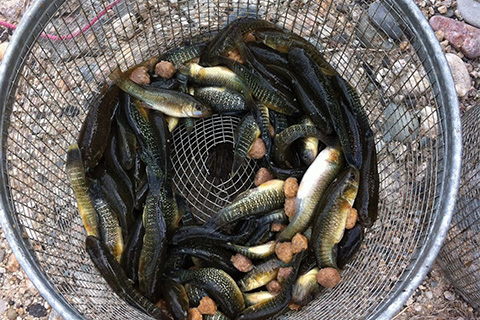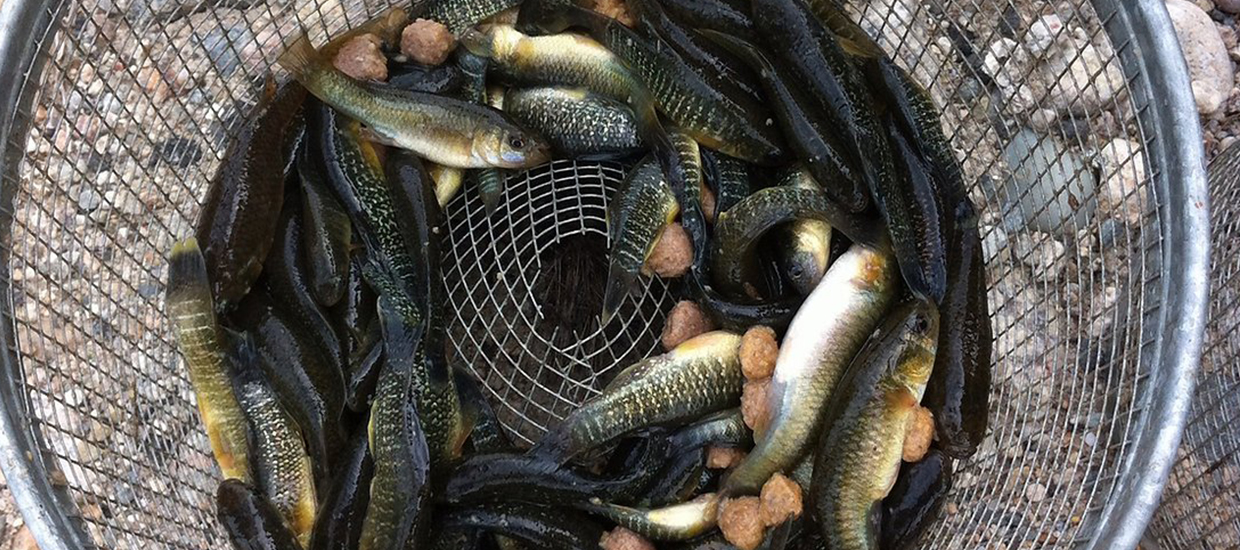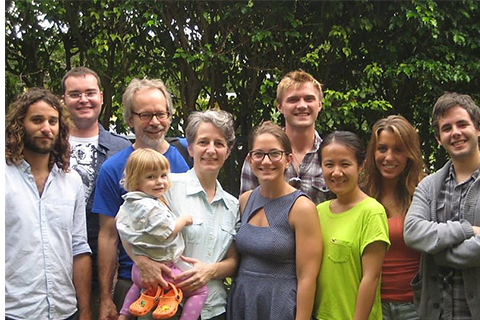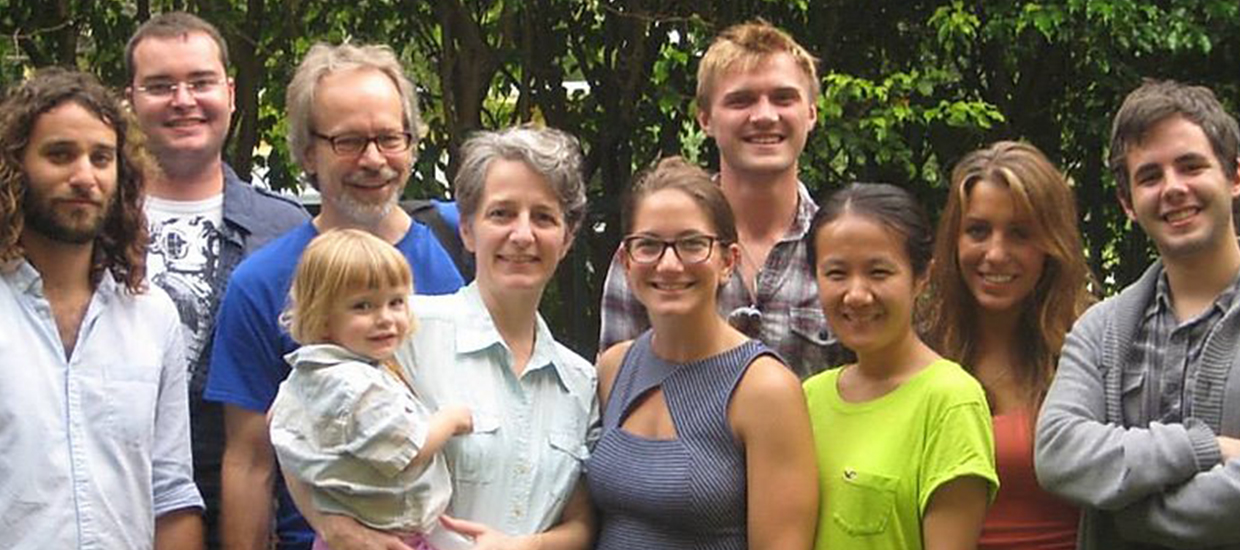Prospective Graduate Students should e-mail Drs. Oleksiak or Crawford (People) with a concise research interest. Both professors get many e-mails suggesting that the student is “very interested in research” and then list projects or research totally unrelated to our research interests, publications or expertise. Although we are interested in a wide scope of research, our focus is on molecular biology, genomics, bioinformatics, physiology, or population and evolutionary biology. For best results, students should become familiar with a few of our publications and research interests.
Prospective graduate students can find basic requirements and applications here (Rosenstiel School GSA & GSA Application site). In general, Drs. Oleksiak and Crawford appreciate knowing the applicant’s research interests, research experience and work experience. The research statement should provide information on the student’s research interests, and why this research is important (or interesting). Notice, previous research does not have to be related to future research interests. Remember we are scientists and enjoy the precision of scientific writing. Our ideal student will have research experience and reasonably broad course work. While GREs are not our primary measure of quality, good scores do not hurt.
Undergraduate Students
We have a variety of undergraduate projects. Our goal is to have undergraduates transition from doing prescribed research to independent research projects. We endeavor to train students to be competitive for graduate schools across the nation or to pursue work as well-respected research scientists. Success in our laboratories requires significant time and intellectual commitment. We generally appreciate students who expend the effort to learn and do we do our best to catalyze their success.
Research Undergraduates can participate in: Bioinformatics, genomics, microarrays, physiology, toxicology, phylogenetics, evolutionary analyses, and population biology. Undergraduates can join our lab to pursue independet research through courses such as MSC 371 and MSC 411.









